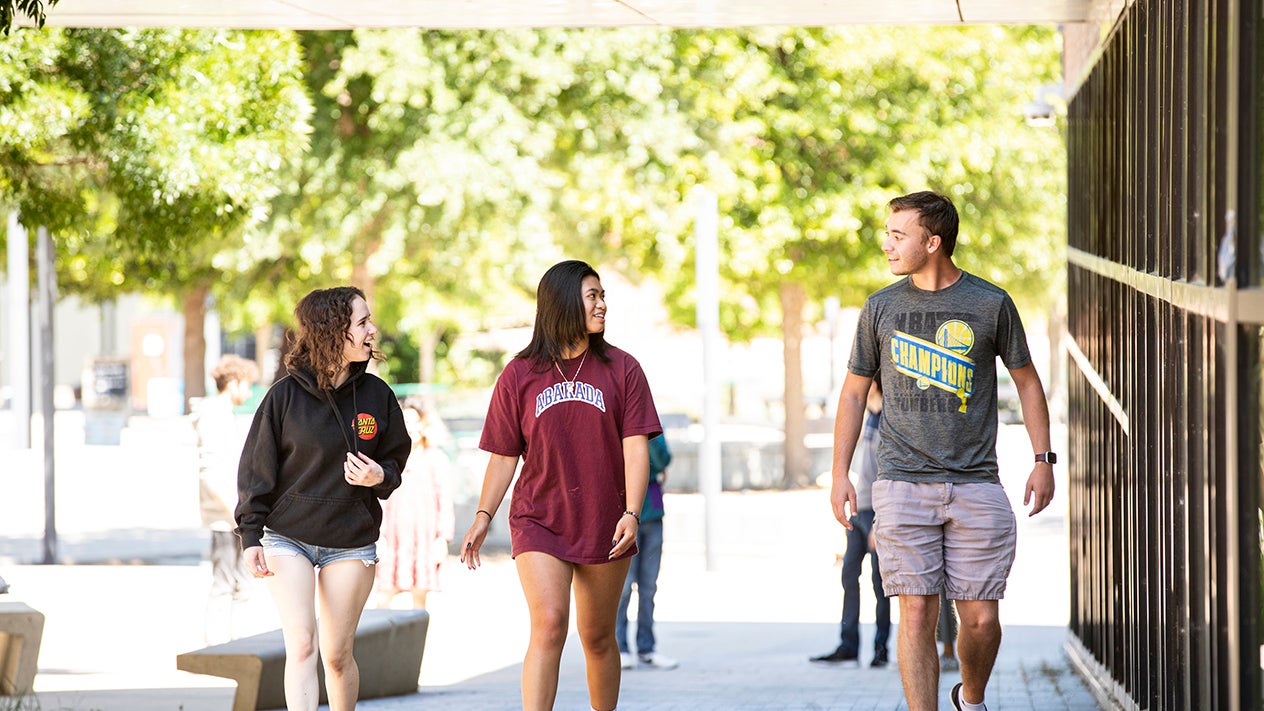This page provides an overview of Section 504 as it pertains to the academic and program aspects of community colleges.
Legal Obligation
A Guide to Legislation
This page is not inclusive of all aspects of Section 504 or even of all those relating to post-secondary institutions. For the purpose of explaining who is covered by this law, 504 offers the following definitions:
Section 504 of the Rehabilitation Act of 1973
Individuals with disabilities - any person who has a physical or mental impairment which substantially limits one of more major life activity (functions such as caring for oneself, performing manual tasks, walking, seeing, hearing, speaking, breathing, learning, and working); has a record of such an impairment; is regarded as having an impairment, or has a physical or mental impairment that substantially limits major life activities only as a result of the attitude of others toward such impairment.
Qualified individuals with disabilities - an individual with disabilities who meets the academic and technical standard requisite to admission or participation in the educational program or activity.
Program Accessibility
Section 504 prohibits discrimination against individuals with disabilities in recruitment, admission, and treatment after admission. It mandates all recipients of federal funding to make adjustments and accommodations in their programs and activities in order to provide qualified individuals with disabilities with opportunities equal to those enjoyed by qualified individuals without disabilities.
Section 504 requires that each program or activity operated by the institution be readily accessible to individuals with disabilities when viewed in its entirety. An institution is not required to make each of its existing facilities or every part of a facility accessible. Extensive facility renovations are not always necessary to meet this requirement as long as other methods can be used effectively to achieve program accessibility. Priority must be given, when using other methods, to those alternatives which would offer programs and activities "in the most integrated setting possible." Any programs that are currently inaccessible because of the need for major structural modifications should have been changed no later than June 1981.
It is possible that when the Americans with Disability Act Committee conducted the self study for our transition plan that we overlooked some areas where changes need to be made. Your continued input is vital if the goal of full participation for students with disabilities is to be met.
Reasonable Adjustments to Academic Requirements
Section 504 prohibits exclusion of qualified students with disabilities from any course or area of concentration on the basis of disability. Moreover, it is considered discriminatory to counsel students with disabilities toward more restrictive careers than students without disabilities, unless such counsel is based on strict licensing or certification requirements in a profession. Post secondary institutions are, therefore, required by 504 to make reasonable adjustments to permit students with disabilities to fulfill academic requirements. Reasonable adjustments may include the following: increased time allowances to complete degree requirements, substitution of equivalent courses for those that cannot be made accessible for students with disabilities, changes in teaching methods, and changes in the manner of conducting classes.
Course examinations and other methods of evaluating a student's academic achievement must be conducted in a way that will reflect the student's achievement rather than his impaired sensory, manual, or speaking skills (except when such skills are the factors which are being measured).
Post secondary institutions must take steps to ensure that students with impaired sensory, manual, or speaking skills are not, in effect, excluded from programs because of the absence of education auxiliary aids. "Auxiliary aids" may include taped texts, interpreters or other effective methods of making orally delivered materials available to students with hearing impairments, readers in libraries for students with visual impairment, and other similar services and actions. Institutions, however, need not provide attendants, individually prescribed devices, readers for personal use or study, or other devices or services of a personal nature.
It is unlawful to prohibit students with disabilities from using any auxiliary aid, including tape recorders, in the classroom when the aid is needed to ensure full participation of the student.
